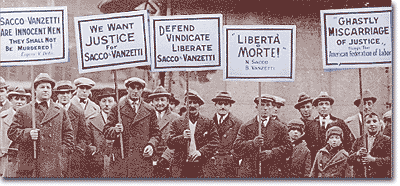The New Deal is an economic policy of F.D Roosevelt.
The FDIC is a government agency that insures customer deposits if a bank
fails, it was a last resort to restore trust in the nation's financial
system.
The mission of the U.S. Securities and Exchange Commission is to
protect investors, maintain fair, orderly, and efficient markets, and
facilitate capital formation.
It modernized the US region around the Tennessee River, developing
modern farming and generating hydroelectric power from dams. It began as
one of the largest federal public works programs during the Great
Depression (1933). The Tennessee Valley Authority built 40 dams (think
beavers) to control flooding, and also produced cheap electricity for
the predominantly rural areas. The dams held back water, widening canals
thus enabling shipping. The TVA also planted forests, conserving soil
by reducing erosion.
The purpose of the Social Security Act was to help those who were elderly, disabled, ect... pretty much those who can not work.
The purpose of the National War Labor Board was to mediate disputes
between workers and management. The National War Labor Board was
established by President Wilson after the declararation of World War I.
It established an 8 hour work day and hired women during the war and
were to receive equal pay for equal work. All the worker's had a right
to "a living wage". The Board also administered wage control in national
industries such as for the car industry. shipping, railways, telegraph
lines, airlines, and mining corporations.
The purpose of the WPA-Works Progress Administration was to create as
many jobs as possible as quickly as possible, from jobs in the
construction industry to jobs in symphony orchestras.
The Fair Labor Standards Act (FLSA) was enacted to help set federal
standards with respect to working conditions, including such aspects as
establishing a national minimum wage and setting a maximum number of
hours a person could work in a week. It was also intended to reduce or
eliminate child labor. It was passed in 1938, under President Roosevelt.
